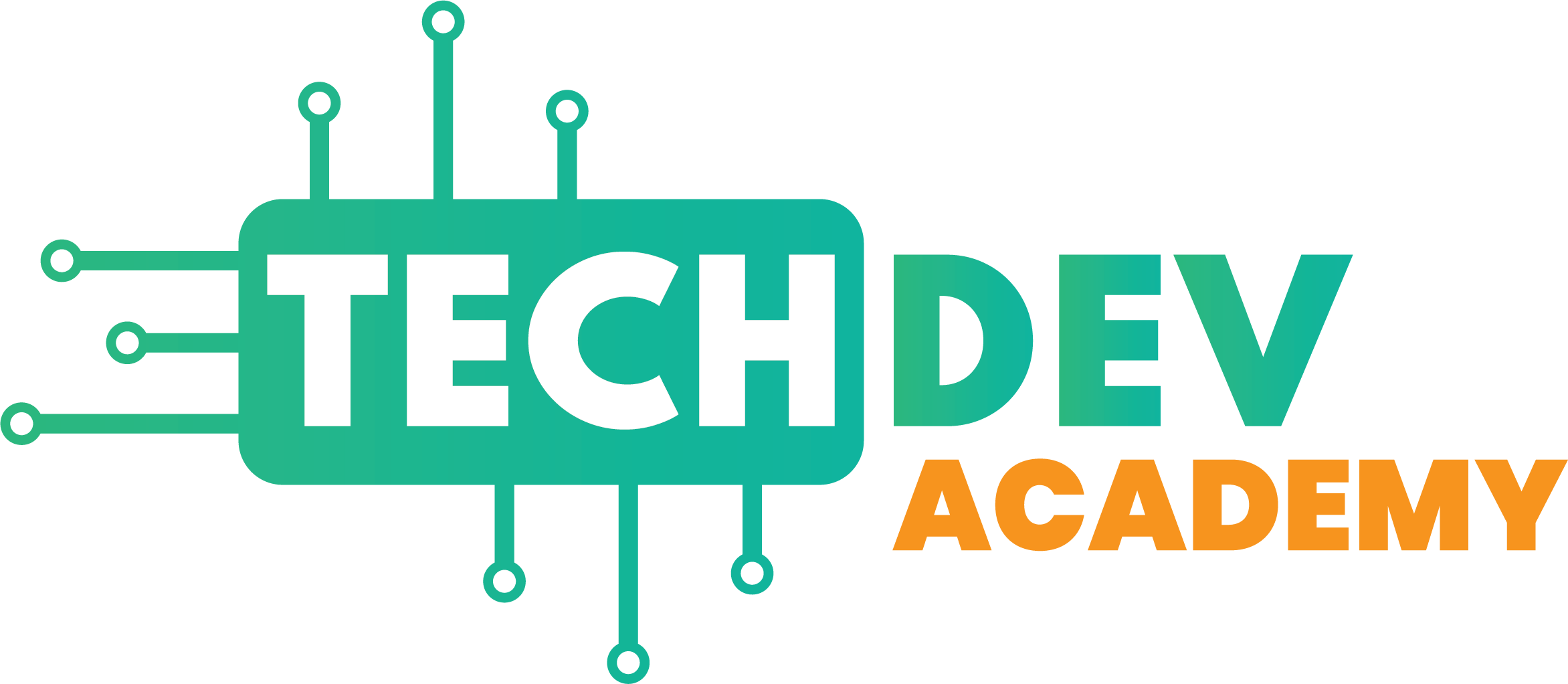Recommendation letters are an important part of the college application process, as they provide insight into your character, abilities, and potential as a student. These letters are typically written by teachers, counselors, or other individuals who can speak to your academic and personal qualities, and they can help the admissions committee get a more well-rounded understanding of who you are.
In this article, we’ll go over the role of recommendation letters in the college application process and provide some tips for securing strong letters of recommendation.

Why are recommendation letters important?
Recommendation letters provide the admissions committee with valuable information about your academic and personal qualities that cannot be conveyed through grades and test scores alone.
They can help the committee get a sense of your character, motivation, and potential as a student, and they can provide context for your achievements and experiences.
Recommendation letters can also help the admissions committee distinguish you from other applicants who may have similar academic backgrounds.
Who should write your recommendation letters?
Ideally, your recommendation letters should be written by individuals who know you well and can speak to your abilities and potential as a student. This could include teachers, counselors, mentors, or other school staff who have worked with you in an academic or extracurricular setting.
It’s generally a good idea to choose individuals who have a positive impression of you and can provide specific examples of your skills and achievements.
How to secure strong recommendation letters
Securing strong recommendation letters takes time and effort, but it’s worth it in the end. Here are some tips for securing the best possible letters of recommendation:
Choose wisely
As mentioned above, it’s important to choose individuals who know you well and can speak to your abilities and potential as a student. Avoid choosing individuals simply because they have a fancy title or are well-known – the content of the letter is more important than the title of the writer.
Give your recommenders time
Recommendation letters take time to write, so be sure to give your recommenders plenty of time to write your letters. Aim to give them at least a month’s notice, if not more. This will allow them to write a strong, thoughtful letter that truly reflects your abilities and potential.
Provide your recommenders with information
Your recommenders will likely appreciate some guidance as to what to include in their letters. Consider providing them with a resume or list of your achievements and experiences, as well as a copy of the schools’ recommendation letter guidelines. This will help them tailor their letters to the specific requirements and expectations of the schools you’re applying to.
Follow up
After you’ve asked your recommenders to write your letters, be sure to follow up with them to ensure that they have everything they need and to check on the status of your letters. This will help you stay on top of your application timeline and ensure that you have all of the materials you need when it’s time to submit your application.
Ask early
Don’t wait until the last minute to ask for recommendation letters. The earlier you ask, the more time your recommenders will have to write a thoughtful, detailed letter. This also gives you time to follow up with them if there are any issues or delays.
Be polite and professional
When you ask someone to write a recommendation letter for you, be polite and professional. Remember, they are doing you a favor, so be respectful of their time and effort. Thank them in advance for their help and let them know how much you appreciate it.
Provide context
Help your recommenders understand how the letter will be used and the context of the college application process. Provide them with the schools’ application requirements and guidelines, as well as the specific prompts or questions that the letter should address.
Be honest
If you’re not sure if a particular recommender will write a strong letter for you, it’s better to be honest and find someone else who can. It’s not worth risking a weak letter that could hurt your chances of getting into a school.
Show appreciation
After you receive your recommendation letters, be sure to thank your recommenders for their time and effort. A simple thank you note or email can go a long way in showing your appreciation.
Follow up with admissions
After you submit your application, follow up with the admissions office to ensure that they have received all of your materials, including your recommendation letters. This will help you avoid any delays or issues that could impact your application.
Remember, your recommendation letters are a reflection of you and your abilities, so it’s important to take the time and effort to secure strong letters that will help you stand out in the admissions process. By following these tips and being proactive, you can increase your chances of getting into the schools of your choice.
In conclusion, recommendation letters are an important part of the college application process, as they provide insight into your character, abilities, and potential as a student. By choosing the right recommenders, giving them plenty of time to write your letters, and providing them with information and guidance, you can secure strong recommendation letters that will help you stand out in the admissions process.
Final Note: Recommendation letter is just one step of the college admission process. To gain more knowledge about the other steps of the admission process, take a look at our well-designed College Admissions Guide E-book.


